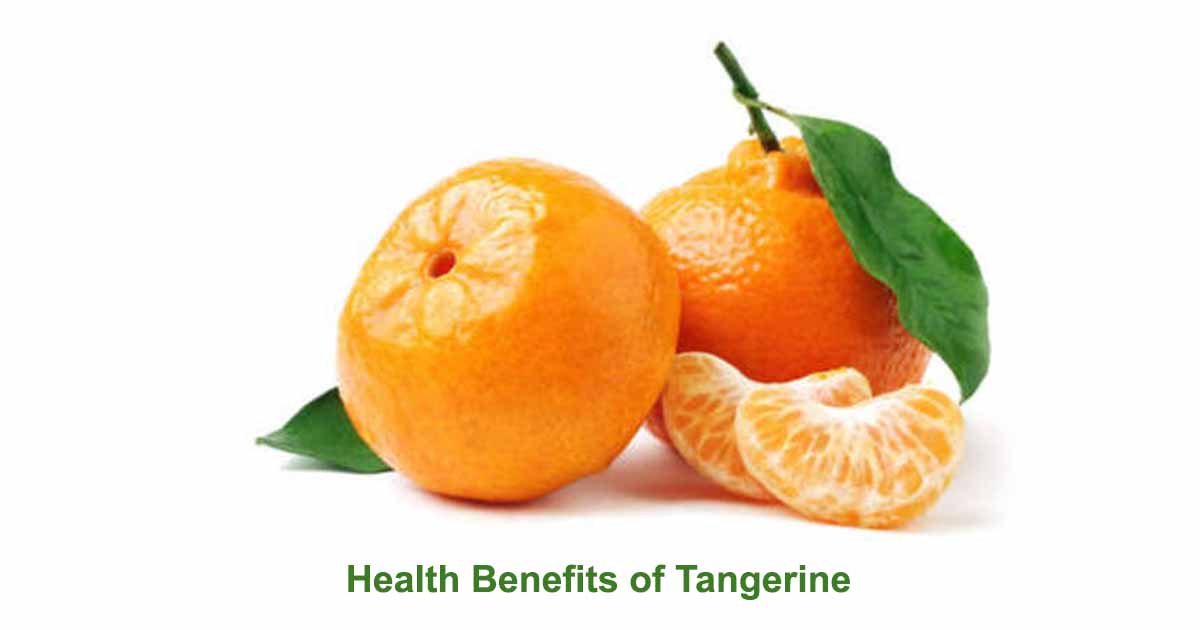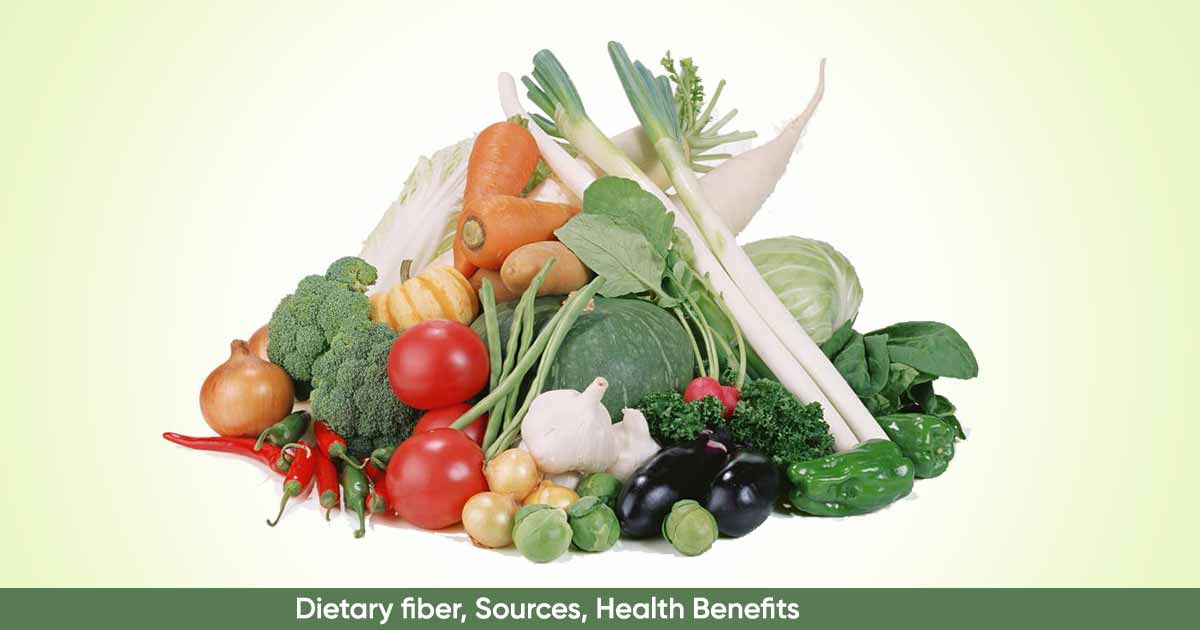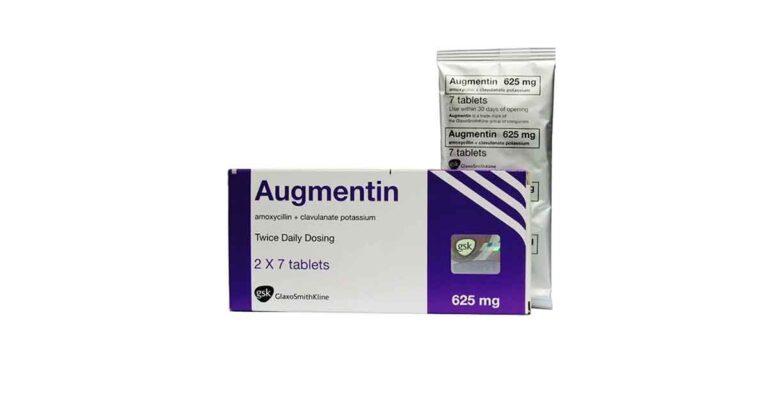Tangerine is a citrus fruit that is orange or red. They are considered varieties of mandarin oranges mainly cultivated in tropical forest, especially in Southeast Asia, with China being the main producer.
The scientific name of the fruit is Citrus reticulata. Tangerines have a sweet flavor. There is a citrus flavonoid called tangeretin found in most citrus such as tangerine, orange, mandarins. They are antioxidants, and may help lower cholesterol levels.
This plant is a dicotyledon and belongs to the family, Rutaceae. Tangerine has features such as white mesocarp, low rate of sourness, sweetness, with little acrid taste, and slim. Ripped tangerine is mostly rigid and marginally soft, pebbly skinned without a heavy shaft.
Historically, Major Atway from palalka Florida, was the first to grow and cultivate tangerines as a prominent crop in America. He said that he brought them from Tangier in Morocco. They later named it after the city “Tangier”.
There are varieties of tangerine, such as Clementine, also called ‘Algerian Tangerin’. There is cross-pollination of Clementine with ‘Orlando’ tangelo to produce the Robinson species. Dancy is a species from China, but it is now the most commercialised variety in the US, especially Florida. Ponkan is also called the ‘Chinese Honey Orange’. It is popular in China.
Cleopatra, also called ‘Ponki’, or ‘Spice’, is of less commercial value, but is grown as an ornament. Sunburst is a hybrid of ‘Robinson’ and ‘Osceola. Wase and Owari are native to Japan, while Kara is a hybrid of ‘Owari’ and ‘King’ tangor. Satsuma, which is commercialised as “Emerald Tangerine” can resist low temperature. It originates from Japan.
Major producers of the fruit are China, Japan, Spain, United States, Brazil, Italy, Egypt, Morocco, Turkey.
Apart from the health benefits of tangerines, other uses, especially the essential oils, are:
- Beverage industry to flavor carbonated drinks and liquors
- Perfume making to form floral compounds
- The oil is used to flavor ice cream, hard candy, gelatins, chewing gums.
Forms of Tangerine
Natural Forms
The forms are raw, dried, powder and infusion.
Tangerine can be eaten raw or added to salad after removing the peel. It is healthy and has low carbs. It can also be dried and eaten in dried form. The peel can be dried and used for medicinal purposes or as a preservative. The dried peel can be ground into powder, and serve as a natural exfoliating agent. Infusion can be made from the dried peel, and used to treat digestive issues, inflammation.
Herbal Supplement
We have essential oil, capsule and liquid extract forms.
The essential oil of tangerine has antiseptic property when used topically. Oral forms can relieve stress, anxiety, and improve digestion. The capsule has loads of vitamin C. It aids digestion, improves the skin, and boost immunity. The liquid extract helps to lower sugar levels, boost good cholesterol and helps digestion.
Phytochemical in Tangerine Fruit
Tangerine contains bioactive compounds in good quantity. It has antioxidants – carotenoids and flavanones (tangeritin, naringin, rutin, and hesperidin). Caroteinoids are pro-vitamin A compound that give citrus fruits yellow-orange color. The main caroteinoids are beta carotene, lutein, betacryptoxanthin, and zeaxanthin.
Nutritional Contents of Tangerines
Tangerine comprises 85% of water, 13% of carbohydrates and slight amounts of fat and protein. Vitamin C is in significant content, with all other nutrients in a low amounts. Vitamin C helps the body to absorb other micronutrient such as iron, calcium.
Tangerine also has minerals such as potassium, copper, calcium, folate, vitamin A from the carotenes, B-complex vitamins such as B1 (thiamin) and B6 (pyridoxine). Copper helps in the blood cell production and transport.
A 100g of tangerine contains 53 calories of energy, while one serving of a medium-sized tangerine (88 gram) supplies 47 calories of energy.
Nutrient Facts (53 kcal per 100 g serving)
| Nutrient | Value |
| Iron | 0.15 mg |
| Phosphorus | 20 mg |
| Sodium | 2 mg |
| Potassium | 166 mg |
| Calcium | 37 mg |
| Magnesium | 12 mg |
| Zinc | 0.07 mg |
| Copper | 0.042 mg |
| Manganese | 0.039 mg |
| Selenium | 0.1 µg |
| Water | 85.2 g |
| Protein | 0.81 g |
| Carbohydrate | 13.3 g |
| Dietary Fiber | 1.8 g |
| Total Fat | 0.31 g |
| Total Folate | 16 µg |
| Sugars, Total including NLEA | 10.6 g |
| Vitamin C | 26.7 mg |
| Folate | 16 µg |
| Thiamin | 0.058 mg |
| Vitamin B-6 | 0.078 mg |
| Riboflavin | 0.036 mg |
| Niacin | 0.376 mg |
| Pantothenic acid | 0.216 mg |
Health Benefits of a Fresh Tangerine Peel
- The peel increases healthy cholesterol level in the blood.
- It helps in digestion of fatty foods.
- It helps to prevent unnecessary oxidation reaction in the body.
- Leads to a healthy liver and monitor blood sugar.
- It helps to uphold the health of the digestive system.
- It is a good source of vitamins.
- It helps to cure skin problems such as pimples, acne, wound or scraps in the skin faster.
- Contain antioxidants, which protect the skin and other parts of the body free from radicals.
- Tangerine peel helps in the production of collagen, which makes the skin flexible.
- May helps in the reduction of itchiness in the scalp, through the helps of vitamins that help in moisturizing of the sebum in the scalp.
Health Benefits of Tangerine Peel Oil
- Essential oil from tangerine peel helps to fight bacteria in the wound, to prevent infection.
- It may help to promote good digestion, since it is a good source of fiber, and fiber promotes bowel movement.
- It was used as a sedative, spasmodic to control muscle contractions.
Health Benefits of Tangerines
There are many health benefits of tangerine fruit due to phytochemical and nutritional content in the citrus fruit.
Bone booster: It contains minerals such as potassium, calcium, and manganese in small quantity. These minerals help in colliding of the body cells, tissues and organs. It also enables the muscles to contract easily and reduces the risk of osteoporosis, bone weakness and fracture.
Helps in Digestion: This fruit helps to secrete gastric acid that helps in digestion, while also balancing the acid and bile in the system. Also, the antioxidant, fibre and gluten-free nature makes it easy to digest, preventing constipation, bloating. Fiber also improves bowel movement. The water content of the citrus fruit also keeps the digestive system hydrated.
The flavonone, hesperidin, is believed to be the compound that impacts digestive properties to tangerines. It may improve the number of natural flora, Lactobacillus, and also the Immunoglobulin A (IgA), an antibody present in the mucosal secretions of the digestive and respiratory tracts.
Both prevent the growth of disease pathogens in the digestive system.
Neurodegenerative diseases: Hesperidin may help in neurodegenerative diseases by preventing neuro-inflammation.
Antimicrobial Properties: The essential oil of tangerine has an antibacterial action against strains of bacteria, such as Escherichia coli, Bacillus subtilis, Pseudomonas aeruginosa, and Staphylococcus
aureus.
Aromatherapy: Tangerines have antispasmodic and sedative effect which can be used in aromatherapy to relieve stress, anxiety, and soothe the nerves.
The Vitamin B1 (thiamin) is a good stress relieving vitamin. Additionally, it also helps the immune system.
Immunoprotection: Antioxidants such as carotenes (beta-carotene, lutein), vitamin C have immunoprotective and immunostimulant properties.
Source of Folate: Folate, the natural form of vitamin B9, helps to produce important genealogical materials such as RNA and DNA in the body. Also, it helps in the functioning of the irons and red blood cells in the body. It helps in body cell growth and development, and prevention of diseases such as cancer.
Antioxidant agent: Tangerine contains strong antioxidants such as vitamin C, carotenoids and flavanones. Antioxidants help to prevent free radical formation, inflammation, heart diseases such as high blood pressure, stroke.
Improve metabolism: Antioxidants help the body to eliminate toxic compounds, and also absorb nutrients, and function properly. Vitamin C helps in protein metabolism and carbohydrate.
Skin Care: Tangerine helps to reduce harmful bacteria or oil on the skin when used as facial homemade mask. It also makes the skin to look fresh and helps prevent ageing, pimples, wrinkles of the skin.
Healthy Hair: The presence of vitamin like vitamin A, vitamin B12 and vitamin C helps in healthy hair growth and development.Vitamin A help in moisturizing the sebum in the scalp. Vitamin B enhances hair growth and reduce hair loss. Vitamin C contributes in building of collagen, contributing to health hair growth.
May control the blood pressure: The rich content of potassium in tangerine helps to maintain the blood pressure, balance electrolytes, and remove excess water from the body.
Diabetes prevention: The Nobiletin contained in the fruit aids in preventing diabetes. This was proven through several studies, that tangerine can serve as a neutral agent that reduces fat development in the liver. It also helps prevent fat from being stored in the body.
Advantage to pregnant woman: The presence of folic acid and folate nutrients in tangerine helps to reduce the rate of miscarriage. Folic acid also helps in proper development of babies, the placenta, the nervous system and the in formation of bones. Also, foliate helps in formation of neural tube and red blood cell in prenatal babies.
Tangerine should be recommended to pregnant woman, since lack of folic acid leads to underweight delivery.
Wound Healing: Vitamin C is among the nutrients found in the fruit, and it aids in forming collagen, the protein that provides the structure and strength for connective tissues, muscles, bones. High collagen synthesis helps to heal wound faster.
Side Effects of Tangerine Fruit
Despite all the advantages, tangerine still has some side effects, which often results from excessive consumption.
It can occur when a woman consumes above 40 tangerines a day, since an average woman needs 2000 calories to satisfy the daily calories’ needs. Or when a man consumes above 52 tangerine a day, since the required daily intakes of calories for an average man is 2600 to satisfy the caloric needs. The possible side effects are:
- It may cause bowel discomfort because of the increase in fiber. This can lead to bloating, constipation and watery stool.
- May cause gastrointestinal obstruction in people with digestive issues.
- It leads to breakdown of enamel, leading to several tooth problems such as bad breath, several tooth pain and gum diseases.
Tangerine essential oil may cause skin allergy and rashes in sensitive individuals.
References:
- herbazest.com/herbs/tangerine
- https://www.citrus.com/blog/5-good-reasons-to-eat-more-fresh-tangerines/












